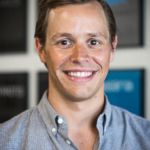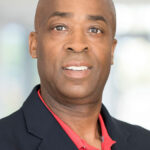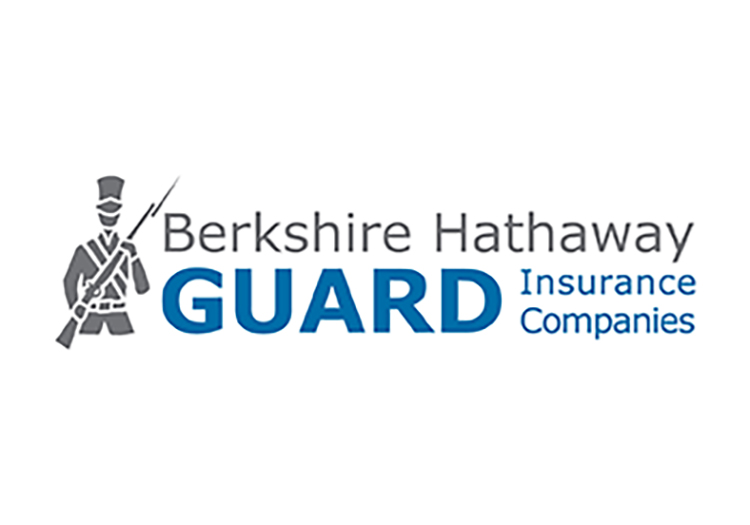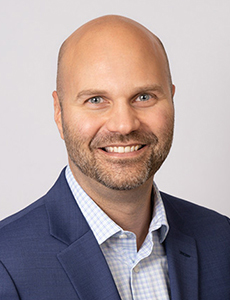Chevron Corporation’s Kevin Jones Shares His Perspective of the Risk Management Profession
My first part-time job after high school was as a tour guide at the Winchester Mystery House in San Jose, California — quite a step out for a kid who went through high school terrified of public speaking.
But standing and speaking in front of a large group of people four to five times a day taught me something: I learned that if you try to do hard things and really work at something, you can accomplish things and even excel at things you didn’t think you would ever be able to do.
R&I: How did you come to work in risk management?
Like a lot of people in the profession, it was really kind of an accident. I graduated from college at the beginning of a recession with an engineering degree from a top-tier engineering school. But the job market was really tight.
The only job offer that I received was as a “loss control engineer” (I had never heard of such a position) at the Factory Mutual Engineering Association. And that turned out to be fortuitous.
I began to see the breadth and complexity of the commercial insurance industry as a career. After a couple of years as a loss control engineer, I had the opportunity to move to an underwriting role, and after several years in progressively more senior underwriter roles, I had the opportunity to apply for a job in Chevron’s insurance group. And if I had known then what I know now, I wouldn’t change a thing in my career decisions.
R&I: What is the risk management community doing right?
I think the risk management community does a good job of providing opportunities for insurance professionals who have experience. Once you have a couple of years of experience behind you, there are really good opportunities to grow and progress in your career.
What a lot of people don’t realize is that there are so many different paths your career can take in the insurance industry — an underwriter, a broker, a claims adjustor, a risk manager and so many others.
R&I: What could the risk management community be doing a better job of?
I think it is vital that the risk management community works to build up and invest in the next generation of insurance professionals.
There are a lot of industries competing for talent, including the “cutting-edge” companies developing new technologies like artificial intelligence. The insurance industry needs to be proactive and competitive in recruiting that talent.
And I think we’ve come a long way. When I graduated from college, I’m not sure there were more than one or two insurance/risk management programs at major universities. Now, I think, there are dozens.
R&I: What’s been the biggest change in the risk management and insurance industry since you’ve been in it?
In the past 20 years, the use of technology has really expanded in the insurance industry. When I started, we relied exclusively on paper.
Now, I really don’t have to print out anything if I don’t want to.
We really saw this trend accelerate during the COVID pandemic as we were all working remotely, and I think technology has really had a positive effect on the way we work and interface with brokers and insurers. As we see the increased use of AI across all business segments, I’m really interested to see how AI and new digital tools can further enhance the industry.
R&I: How much business do you do direct versus going through a broker?
From my perspective, a direct relationship between a company and its insurer is very important, so I advocate that a company should always work to get to know its underwriters.
However, brokers also provide valuable and essential services to leverage their relationships with underwriters and provide market intelligence. So I work hard at maintaining contacts with both insurers and brokers.
R&I: If you could point to two people who served as mentors to you, who would they be and why?
I’ve learned a lot from all my managers and mentors over the years (even some bad ones earlier in my career). But here are two that I think were particularly instrumental.
First, in one of my earlier career moves, the person who hired me saw potential in me that I’m not sure my previous managers saw. He trusted me to make big decisions and gave me more authority than I probably deserved at the time. And when it came time for me to make my next move, he was my biggest advocate and a proactive reference for me.
Second, in that new role, one of my earliest interactions with my new manager was when he asked me to make a recommendation on a project. I sent him back an email that basically said, “These are the two options — which one do you prefer?” He responded with a rather brusque message that my answer wasn’t responsive to his question. He wanted me to evaluate the situation and make the decision on how to proceed. And through the four or so years I reported to him, he proactively mentored me and gave me more and more responsibility. I’m not sure I would be where I am in my current role without his guidance, patience and support.
R&I: What have you accomplished that you are proudest of?
My career progression. I never thought early in my career, or in college, that I would advance as far as I have. I really thought I would settle in a role a few levels below where I ended up.
R&I: What do your friends and family think you do?
Most people think of “buying insurance” as something that they spend a couple of hours doing every few years. So when I tell them what I do for a living, they are puzzled as to what could possibly keep me busy full-time.











